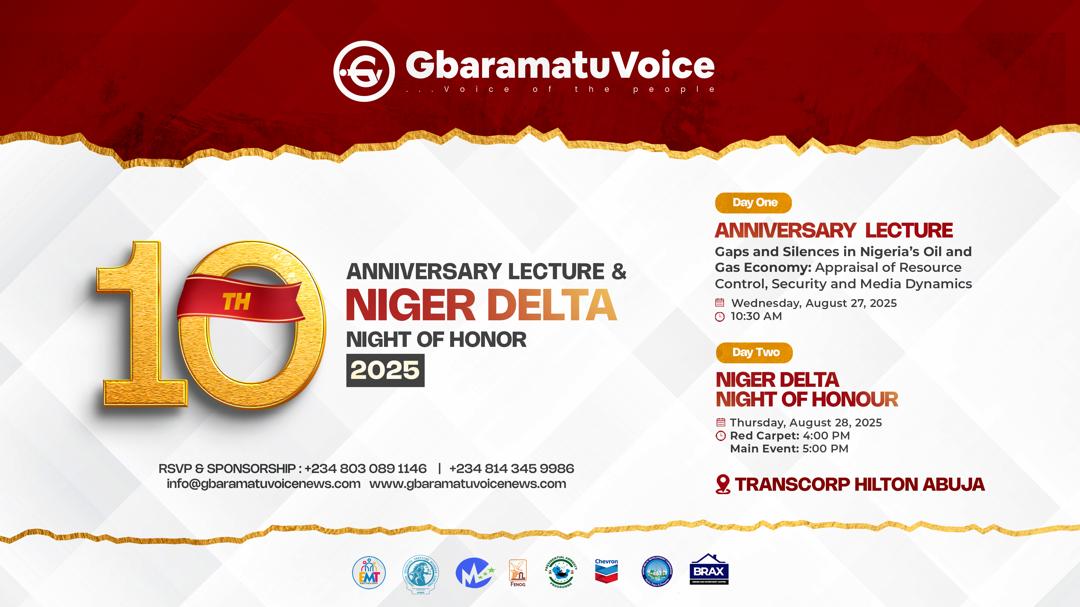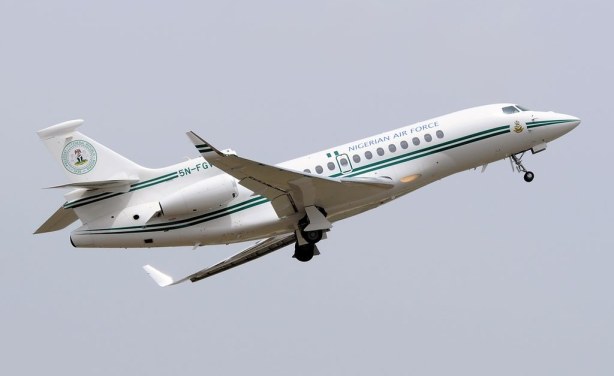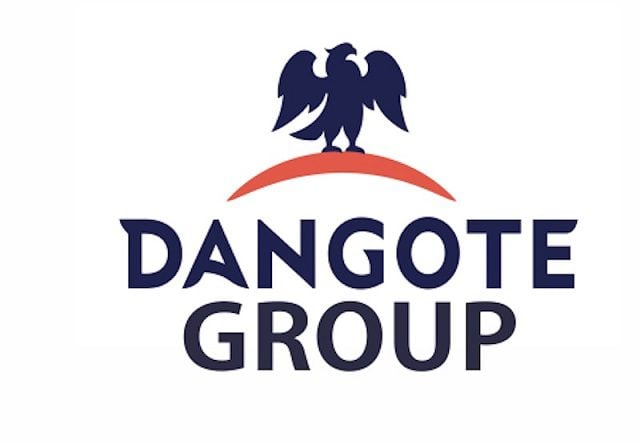Nigerian banks are faced with low growth and a punitive cash reserve ratio of 27.5% at home. They are betting on the African Free Trade Zone to expand elsewhere on the continent. However, the profitability of their subsidiaries outside Nigeria is relatively average. Are they falling into an expansionary trap?
A pastoral setting, an elegantly laid table, well-dressed guests, all smiling…
There was not a cloud in the sky at the beginning of May when Herbert Wigwe, the head of Nigeria’s leading banking group, was received in Gaborone by his counterpart Kgotso Bannalotlhe, the CEO of Banc ABC Botswana.
In mid-April, the Nigerian giant Access Bank – with revenues of N516bn in 2020 (€1bn) – took out its chequebook to acquire, via ABC Holdings, the 78% stake held by UK bank Atlas Mara in the African Banking Corporation of Botswana Limited (BancABC Botswana). The cash amount represents about 1.13 times the book value of the bank, according to the seller, which is estimated at more than BWP1bn (about €90m) euros, at the end of 2019.
This is less than half of the $200m (€177m euros) that Access paid to purchase Diamond Bank in 2019. Observers of the Lagos market agree that it should not ruffle the balance sheet of Access Bank and will give access to a target market.
BancABC Botswana had risen to fifth place in total assets in the domestic market as of 31 December 2019, behind local subsidiaries of Standard Chartered, Stanbic Bank, Absa (formerly Barclays Botswana) and First National Bank of Botswana.
Organic growth “in the DNA” of Access Bank
This operation is a new brick in the Access Bank Group castle, whose ambition is “to become the most respected African bank in the world”. Since 2019, and the acquisition of Diamond Bank, the group has consolidated its status as a tier-one bank in Nigeria, even becoming the largest banking player on the continent in terms of customers (31 million).










